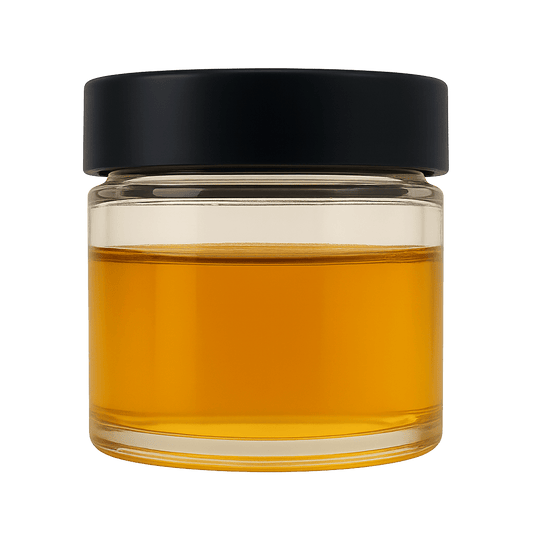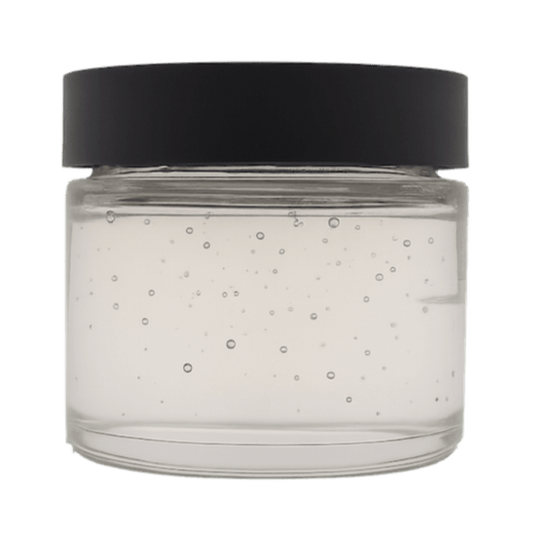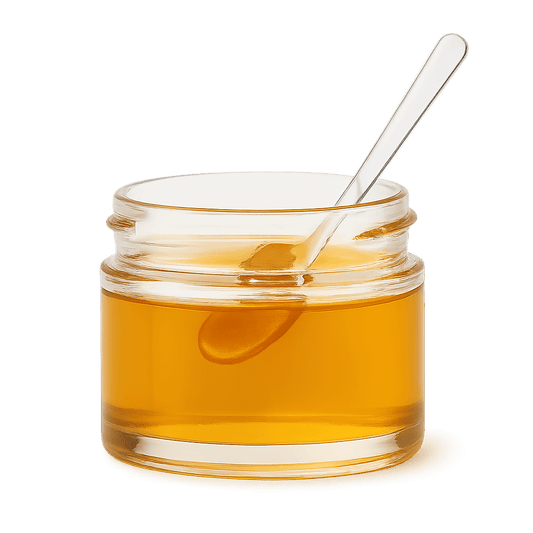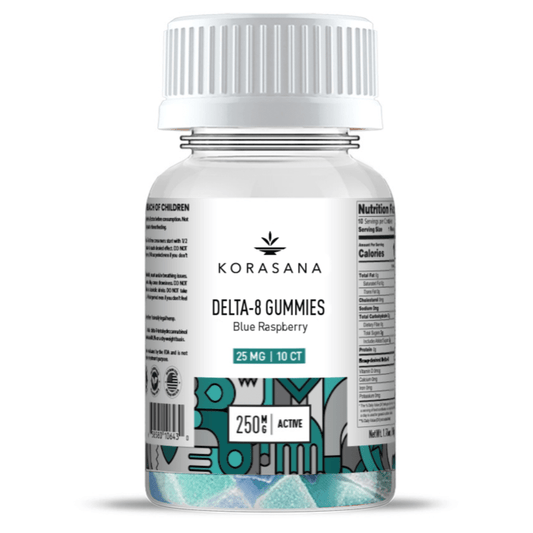Is Delta 8 THC Legal in Oklahoma?
YES - Delta 8 THC is Legal in Oklahoma
Delta 8 THC is legal in Oklahoma. The state has not explicitly banned the sale and possession of hemp-derived Delta 8. This means that as long as it is derived from the hemp plant, Delta 8 THC is legal in Oklahoma. This legality aligns with the federal law following the 2018 Farm Bill, which legalized hemp and its derivatives, provided they contain less than 0.3% Delta 9 THC on a dry weight basis. To ensure that the Delta 8 products you purchase are legal, they must be made from legal hemp by a licensed grower, and you generally need to be at least 21 years old to purchase Delta-8 products.
Legal Status of Delta-8 in Oklahoma
In Oklahoma, the legality of Delta 8 is governed by both state and federal laws. The pivotal piece of legislation at the federal level is the 2018 Farm Bill, formally known as the Agriculture Improvement Act of 2018. This bill amended the Agricultural Marketing Act of 1946 and has significantly influenced the legal landscape of cannabis and its derivatives in the United States.
Federal Law: The 2018 Farm Bill
The 2018 Farm Bill federally legalized hemp by removing it from the Controlled Substances Act's definition of marijuana. This means that hemp and its derivatives, including Delta 8, became legal at the federal level, provided they contain no more than 0.3% Delta 9 on a dry weight basis. The bill defines hemp as:
- Hemp: The plant Cannabis sativa L. and any part of that plant, including the seeds thereof and all derivatives, extracts, cannabinoids, isomers, acids, salts, and salts of isomers, whether growing or not, with a Delta 9 tetrahydrocannabinol concentration of not more than 0.3 percent on a dry weight basis.
Oklahoma State Law
In Oklahoma, state laws align with the federal definition of hemp and its legality. Oklahoma does not have specific state legislation that explicitly bans D8 THC. Instead, it follows the federal guidelines set forth by the 2018 Farm Bill. The state's stance on hemp and its derivatives was further clarified through the Oklahoma Industrial Hemp Program, which adheres to federal law by permitting the cultivation, processing, and sale of hemp products that meet the legal THC threshold.
Key Points for Oklahoma:
- Delta 8 derived from hemp is legal in Oklahoma as long as it meets the federal requirement of containing less than 0.3% Delta 9 THC.
- The Oklahoma Industrial Hemp Program: This program allows for the regulated cultivation and processing of hemp in the state, ensuring that any hemp-derived products, including Delta 8 THC, comply with federal and state laws.
- Consumer Requirements: To purchase Delta-8 THC products in Oklahoma, individuals are generally required to be at least 21 years old, aligning with the state's regulations for purchasing tobacco and alcohol products.
OKLAHOMA STATUTES. TITLE 2. AGRICULTURE
§2-3-401. Short title – Oklahoma Industrial Hemp Program.
This act shall be known and may be cited as the “Oklahoma Industrial Hemp Program”.
Added by Laws 2018, c. 64, § 1, emerg. eff. April 23, 2018. Amended by Laws 2019, c. 91, § 2, emerg. eff. April 18, 2019.
§2-3-402. Definitions.
3. “Industrial hemp” means the plant Cannabis sativa L. and any part of the plant, including the seeds thereof, and all derivatives, extracts, cannabinoids, isomers, acids, salts and salts of isomers, whether growing or not, with a delta-9 tetrahydrocannabinol concentration of not more than three-tenths of one percent (0.3%) on a dry-weight basis;
TITLE 63. OKLAHOMA PUBLIC HEALTH CODE
§63-2-101v2. Definitions.
23. “Marijuana” means all parts of the plant Cannabis sativa L., whether growing or not; the seeds thereof; the resin extracted from any part of such plant; and every compound, manufacture, salt, derivative, mixture or preparation of such plant, its seeds or resin, but shall not include:
a. the mature stalks of such plant or fiber produced from such stalks,
b. oil or cake made from the seeds of such plant, including cannabidiol derived from the seeds of the marijuana plant,
c. any other compound, manufacture, salt, derivative, mixture or preparation of such mature stalks (except the resin extracted therefrom), including cannabidiol derived from mature stalks, fiber, oil or cake,
d. the sterilized seed of such plant which is incapable of germination,
e. for any person participating in a clinical trial to administer cannabidiol for the treatment of severe forms of epilepsy pursuant to Section 2-802 of this title, a drug or substance approved by the federal Food and Drug Administration for use by those participants,
f. for any person or the parents, legal guardians or caretakers of the person who have received a written certification from a physician licensed in this state that the person has been diagnosed by a physician as having Lennox-Gastaut Syndrome, Dravet Syndrome, also known as Severe Myoclonic Epilepsy of Infancy, or any other severe form of epilepsy that is not adequately treated by traditional medical therapies, spasticity due to multiple sclerosis or due to paraplegia, intractable nausea and vomiting, appetite stimulation with chronic wasting diseases, the substance cannabidiol, a nonpsychoactive cannabinoid, found in the plant Cannabis sativa L. or any other preparation thereof, that has a tetrahydrocannabinol concentration of not more than threetenths of one percent (0.3%) and that is delivered to the patient in the form of a liquid,
g. any federal Food and Drug Administration-approved cannabidiol drug or substance, or
h. industrial hemp, from the plant Cannabis sativa L. and any part of such plant, whether growing or not, with a delta-9 tetrahydrocannabinol concentration of not more than three-tenths of one percent (0.3%) on a dry weight basis which shall only be grown pursuant to the Oklahoma Industrial Hemp Agricultural Pilot Program and may be shipped to Oklahoma pursuant to the provisions of subparagraph e or f of this paragraph;
38. “Tetrahydrocannabinols” means all substances that have been chemically synthesized to emulate the tetrahydrocannabinols of marijuana; [not hemp]
§63-427.2v1. Definitions.
63. “THC” means tetrahydrocannabinol, which is the primary psychotropic cannabinoid in marijuana formed by decarboxylation of naturally tetrahydrocannabinolic acid, which generally occurs by exposure to heat;
STATE BILL 238. SECTION 1. C.
C. Retail sales of industrial hemp and hemp products may be conducted without a license so long as the products and the hemp used in the products were grown and cultivated legally in this state or another state or jurisdiction and meet the same or substantially the same requirements for processing hemp products or growing hemp. The addition of derivatives of hemp, including hemp-derived cannabidiol, to cosmetics, personal care products and products intended for human or animal consumption shall be permitted without a license and shall not be considered an adulteration of such products.
Delta 8 remains legal in Oklahoma, provided it is derived from hemp and adheres to the THC content restrictions established by the 2018 Farm Bill. It's essential for consumers and businesses to stay informed about the legal requirements for hemp-derived products to ensure compliance with both state and federal laws.
The information provided on this website does not, and is not intended to, constitute legal advice or any statements regarding the status of any laws. The information, content, and materials present on this site are for general informational purposes only and should not be relied upon for any specific purpose. Laws vary across different states and are subject to change. Therefore, information on this website might not reflect the most recent legal or other developments. Read our full legal disclaimer HERE.






